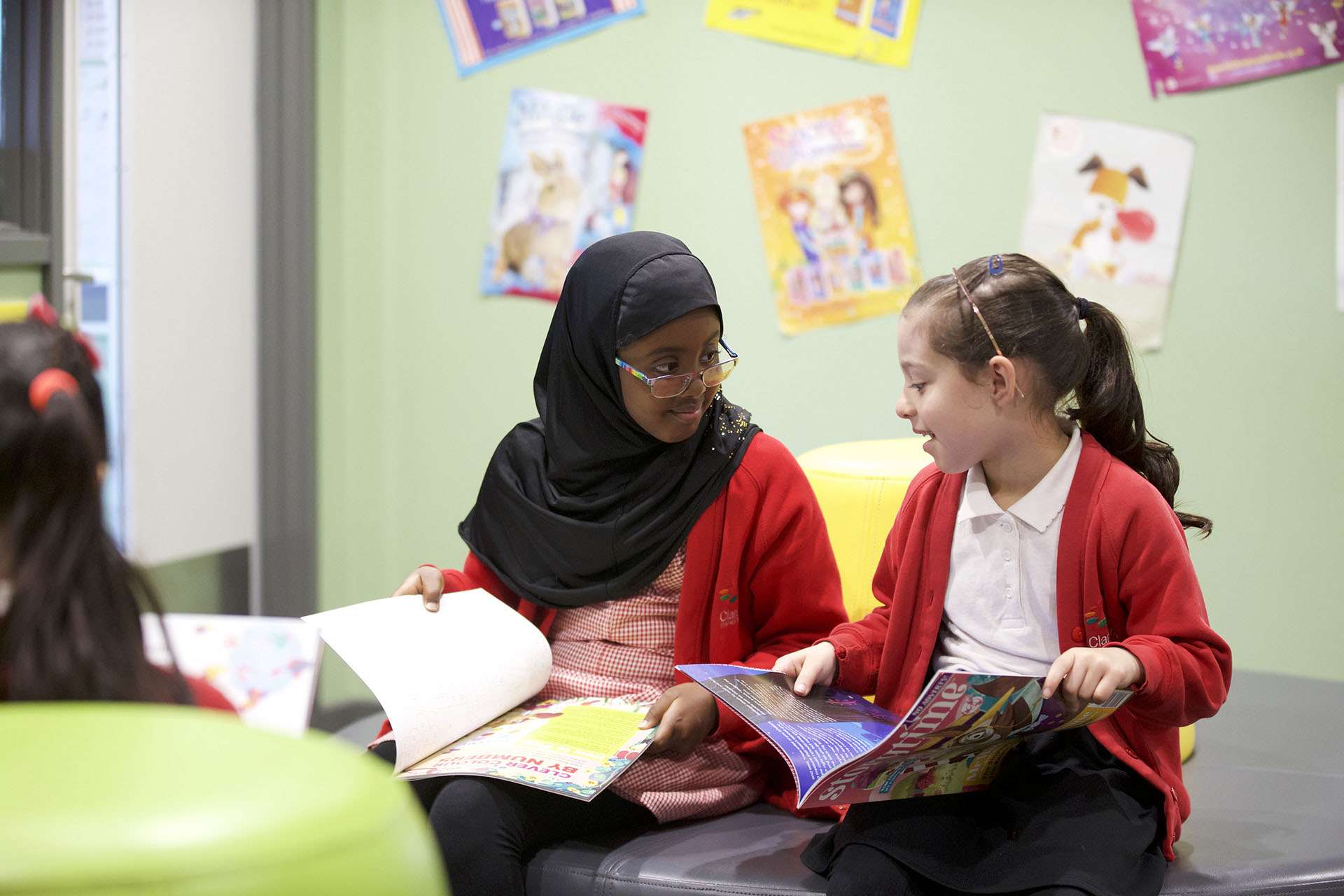Modern Foreign Languages
Intent
At Claremont primary we believe Spanish (MFL) provides an opening to another culture. It is our intention that children will make substantial progress, in Spanish, developing communication skills in speaking, listening, reading and writing.
In a multi-cultural and linguistically diverse school such as Claremont, many of our children already possess the skills for learning language as lots of different languages are spoken by children in our school.
We aim to ensure that all children:
- Understand and respond to spoken and written language from a variety of authentic sources.
- Are able to speak with increasing confidence, fluency and spontaneity, finding ways of communicating what they want to say, including through discussion and asking questions, and that they are continually improving the accuracy of their pronunciation and intonation.
- Can write at varying length, for different purposes and audiences, using the variety of grammatical structures that they have learnt.
- Discover and develop an appreciation of a range of writing in the language studied.
- Listen attentively to spoken language and show understanding by joining in and responding.
- Explore the patterns and sounds of language through songs and rhymes and link the spelling, sound and meaning of words.
- Engage in conversations; ask and answer questions; express opinions and respond to those of others; seek clarification and help.
- Speak in sentences, using familiar vocabulary, phrases and basic language structures.
- Develop accurate pronunciation and intonation so that others understand when they are reading aloud or using familiar words and phrases.
- Present ideas and information orally to a range of audiences.
- Read carefully and show understanding of words, phrases and simple writing.
- Appreciate stories, songs, poems and rhymes in the language.
- Broaden their vocabulary and develop their ability to understand new words that are introduced into familiar written material, including through using a dictionary.
- Write phrases from memory, and adapt these to create new sentences, to express ideas clearly.
- Describe people, places, things and actions orally and in writing Languages – key stage 2.
- Understand basic grammar appropriate to the language being studied, including (where relevant): feminine, masculine and neuter forms and the conjugation of high-frequency verbs; key features and patterns of the language; how to apply these, for instance, to build sentences; and how these differ from or are similar to English.
Implementation
The children are introduced to Spanish in KS1 through songs, stories and key vocabulary. Spanish is taught in weekly sessions, in both KS1 and KS2, which are 30-45 minutes long.
Our school follows the Primary Languages Network scheme of work, which is adapted to meet the needs of our own children. Spanish is taught through topics which are age and stage appropriate.
The Primary Languages Network is adapted to support confident Spanish speakers as well as delivering exciting, focused lessons using sound clips and engaging resources. As we acknowledge children’s different learning styles, our children learn through active participation in actions, rhymes, stories, song, grammar focus, video clips, sentence structure, dictionary work, book making and many more creative ways to extend, embed and combine language skills.
Impact
Through the high quality first teaching of Modern Foreign Languages taking place we will see the impact of the subject in different ways:
- Children will be provided with opportunities to communicate with each other in Spanish.
- Children will be given the opportunity to look at other languages – particularly if children are bi-lingual.
- Children will learn how language skills can be applied to a range of languages.
- Children will become aware that language has structure, and that the structure differs from one language to another.
- Children will develop their language through development of the four key skills of speaking, listening, reading and writing.
- Children will enrich their language learning by developing an understanding of the Spanish culture.
Our MFL curriculum ensures that children develop their knowledge of where different languages, including the range of home languages spoken by the families of the school, as well as Spanish, are spoken in the world.
Useful Documents
| Curriculum Statement MFL |
| MFL Subject Overview |
Visits: 32


